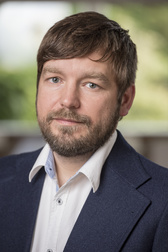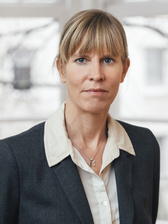Background Funding Initiative Democracy
Over the last few years, a previously somewhat abstract finding has become an empirical fact: Democracy is not a given. The rule of law, the separation of powers, freedom of expression, and a commitment to the common good have all lost some of their binding effect even in core democratic countries, and have been relativized, called into question, and restricted. Nevertheless, the development is subject to constant fluctuations. Hence, for some time now within Europe there has been a shift in political weighting away from a primarily pro-European stance towards an anti-European discourse, yet in the global crisis resulting from the Corona pandemic, it seems that alongside the return to national decision-making, stronger hopes and expectations have emerged that European cooperation will be able to contribute some positives to the management of the crisis and its resulting problems. At the same time, however, there are still challenges from populist movements, amongst others, which not only question democracy as a political order but indeed also the independent role of science and the research findings it produces. The return of war into the middle of the world shared with Europe has also shattered many certainties as regards the stability and legitimacy of governments and nation states.
Taking this present-day experience as a starting point, the Gerda Henkel Foundation has established a new funding initiative for democracy, which is divided into two subsections with different perspectives:
- The first, historically oriented subsection on the topic of Democracy as a Utopia, Experience and Threats aims at placing the aforementioned problematic issues in the broader historical context and considering the history of conflicts over the foundation of the social order.
- The second subsection, which is oriented towards analysis of the present situation and predictions for the future, focuses on Transformations of Democracy? Or: The Contours of Future Democratic Society. It represents an invitation to venture contributions, speculations and assertions so that we might learn to better understand the complex present-day situation and the processes of profound transformation that are taking shape while also trying to trace the contours of future society.




